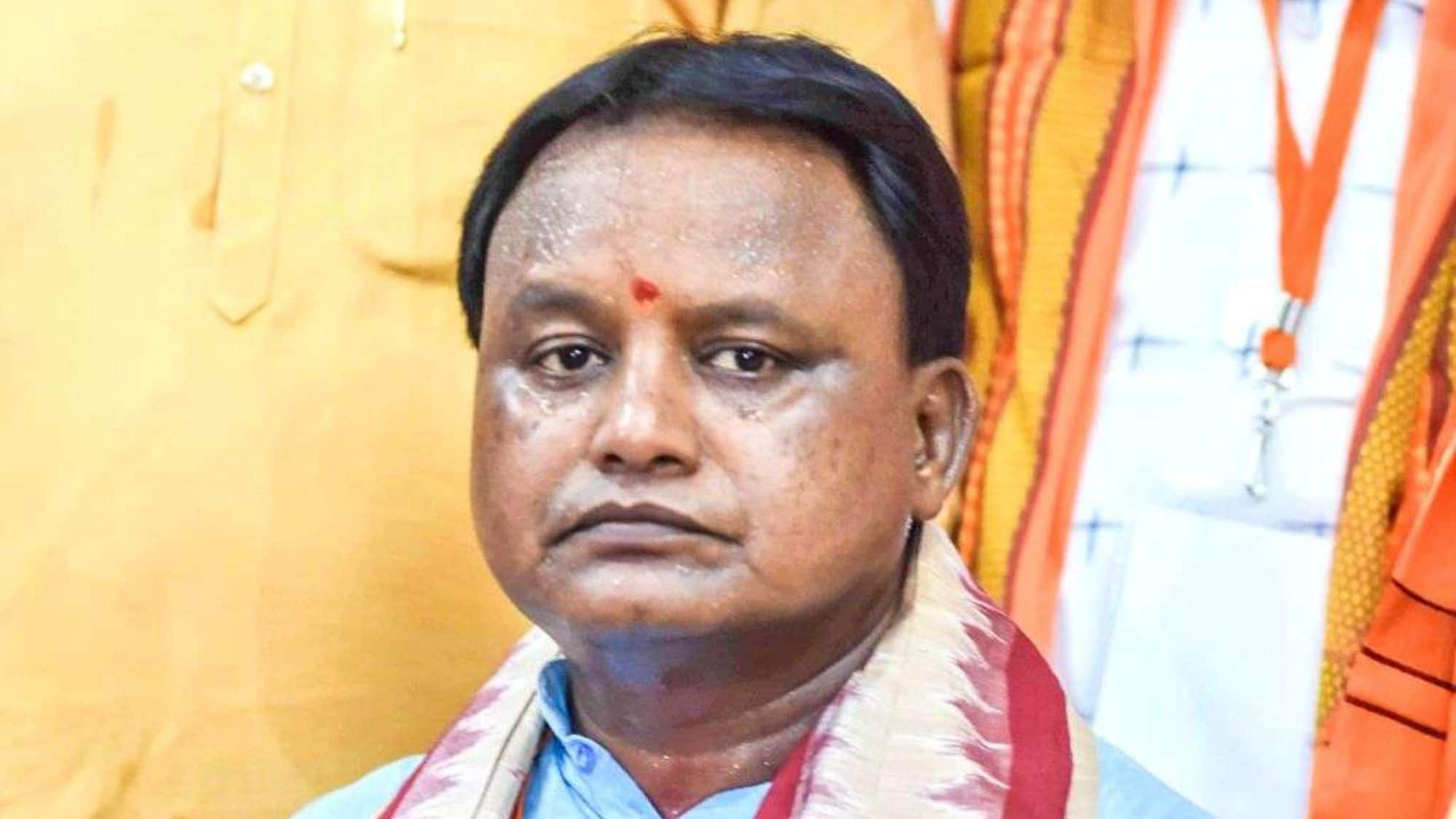In a significant event on May 2, residents of the RaiSuan and Gopinathpur Panchayats in the Keonjhar constituency staged a protest by blocking NH-20 due to a severe drinking water crisis. This protest occurred amidst the ongoing Odisha Assembly elections, highlighting the pressing issues faced by local communities. The situation escalated when Majhi expressed his dissatisfaction with the authorities and demanded accountability from the inspectors by staging a sit-in outside the police station.
Context of the Protests
The protests initiated by the residents reflect a deeper concern regarding the lack of essential resources in rural Odisha, particularly in the Keonjhar district. The assembly elections often bring promises of development and improved infrastructure, yet the day-to-day challenges, such as access to clean drinking water, remain unaddressed.
Impact of the Drinking Water Crisis
The scarcity of drinking water in these rural areas has far-reaching implications on health, sanitation, and overall quality of life. During election periods, citizens expect that their issues will be prioritized by candidates, yet many feel neglected. The tension between community needs and government responsiveness continues to grow, exemplified by this protest.
Demands for Accountability
Majhi’s decision to demand accountability from the local police reflects a wider call for government officials to take responsibility for their inaction. When basic needs like water are not met, residents become more vocal, as seen in this protest. Such calls for accountability are crucial for fostering a responsive governance system in Odisha.
Future Implications for Governance
The protests raise questions about the efficacy of local government and its ability to meet the needs of its constituents. As the election period continues, the pressure on officials to respond to grassroots concerns is heightened. This movement for accountability may encourage other communities facing similar challenges to voice their grievances, leading to potential policy changes in the future.
Conclusion
The blocking of NH-20 by the residents of RaiSuan and Gopinathpur highlights the urgent need for state officials to prioritize addressing local issues such as the drinking water crisis. As citizens demand accountability, officials must recognize the importance of fulfilling their promises to ensure a better quality of life for the communities they serve. This situation serves as a reminder of the ongoing struggle for basic human rights and highlights the vital link between governance and community well-being.
